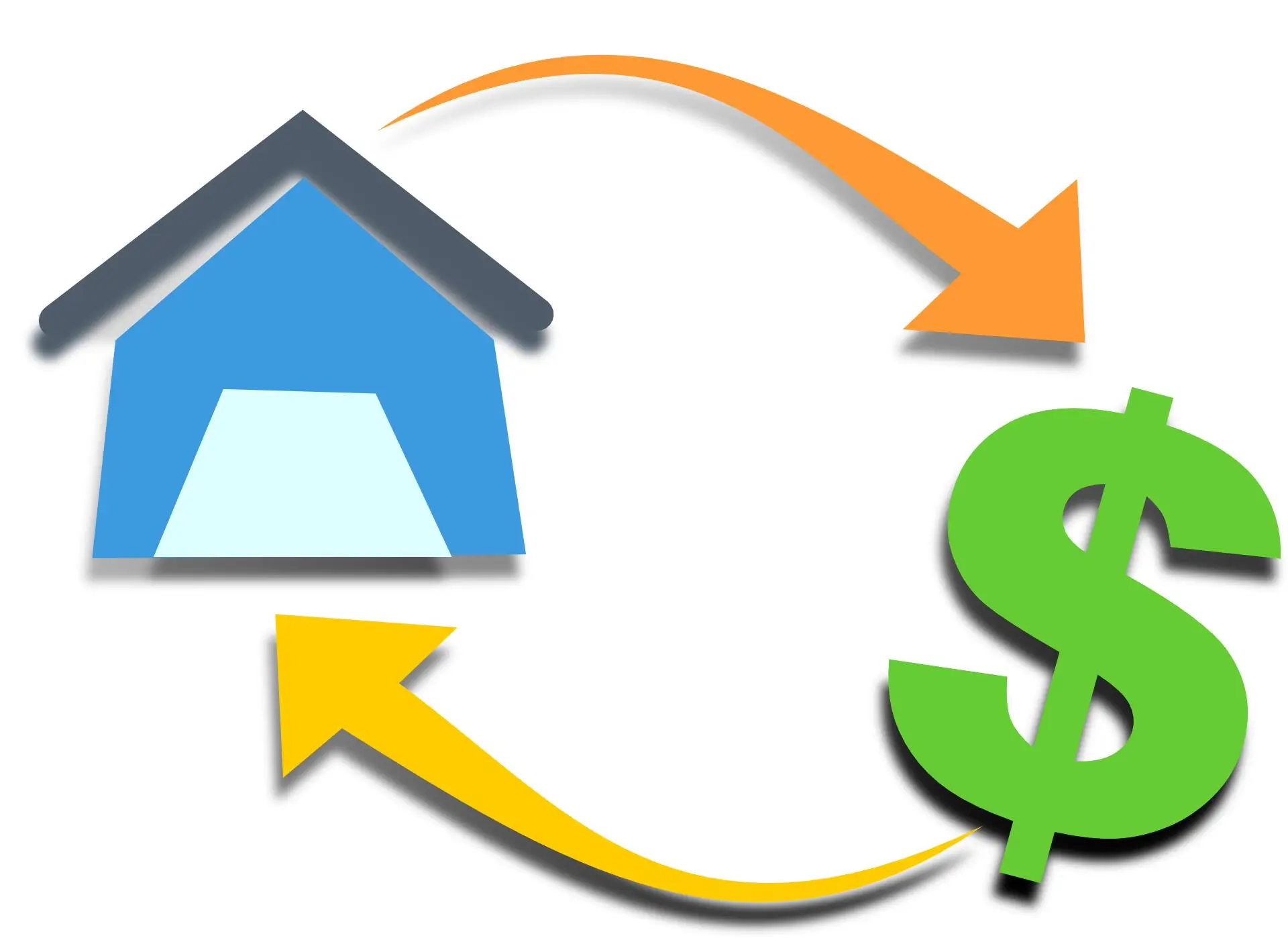According to ZipRecruiter, Atlanta, GA, landlords make an average of $83,113 yearly, with the top percentile earning as high as $145,000!
So, if you own an unoccupied property in this beautiful city, it's time to consider renting it out. If you master the art of streamlining rent collection, you could make generous, passive income.
Our guide will help you get started, so read on.
1. Set a Realistic Rent Amount
Your rent amount is crucial to rent collection because if it's too high, your tenants may struggle to pay on time. You'll have trouble collecting rent, which may force you to evict tenants or cause them to no longer want to renew their lease.
Conversely, undercharging may result in an inadequate rental fee that cannot cover operating expenses. You may not have enough to cover maintenance and repairs, which could lead to a drop in your property's value.
Prevent those problems by setting the right rental amount, which you should base on your property's:
- Location
- Square footage
- Amenities
- Competition
- Demand
- Operating expenses
Alternatively, you can seek the help of a professional property manager who offers free rental valuation. Take advantage of this complimentary service to learn more about your property's value and fair market rent.
2. Transparent Lease Agreements
Incorporate all rent payment-related details into a well-drafted lease agreement. The contract should outline its terms and conditions, including:
- The amount of rent
- The due date
- The payment collection methods
- Late fees
- Grace period
You must also ensure your lease agreement uses plain language and is easy to understand. Avoid using technical terms that may confuse tenants and lead to disputes.
3. Enforce Late Fees
According to Nolo, landlords in Georgia can charge late rent fees without caps. However, they must still be reasonable, ideally no more than 4% to 5% of the monthly rent. You must also include this information in the rental agreement.
By informing your tenants that you charge late fees, you can encourage them to pay rent on time.
4. Incentivize Early Payments
Incentives can help motivate your tenants to make consistent, on-time payments. Here are some examples:
- Small rental discounts
- Grocery gift cards
- Free Wi-Fi
You can also tailor the incentives to your tenant's needs by asking them to name their "reward."
5. Offer Online Payment Options
Online rent payments can help streamline rent collection and make paying rent more convenient for renters. You can choose from various digital rent payment solutions, such as:
- PayPal
- Venmo
- CashApp
- Online landlord-tenant portal with property management software
Of those options, the last one may provide more property management tools and features, such as:
- Tenant rent tracking
- Automated rent collection notices
- Bookkeeping and accounting
- Messaging platform
Simplify Rent Collection With These Strategies
By following these rent collection strategies, you can enjoy on-time payments from your tenants while staying compliant with local and state laws.
So, consider implementing them as early as today or, better yet, partner with PMI Atlanta OTP. We're a full-service property management company specializing in property marketing, tenant screening, rent collection, accounting, and more. Our president and owner, Michael Hayes, has over 20 years of corporate experience, which has given him the skills and knowledge to maximize investment portfolios and mitigate risks.
Speak with us today to get your free Atlanta property analysis and learn what we can do to help maximize your rental income!


